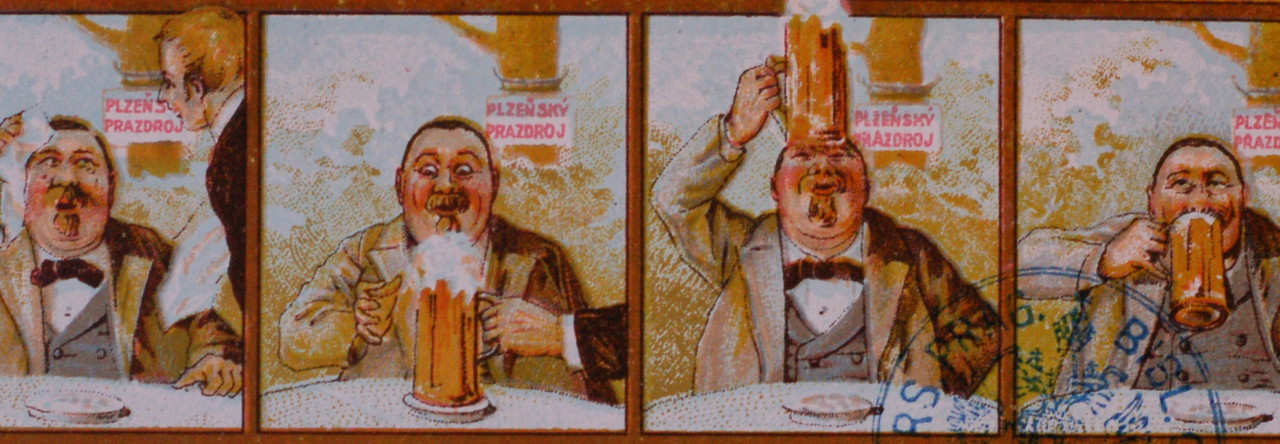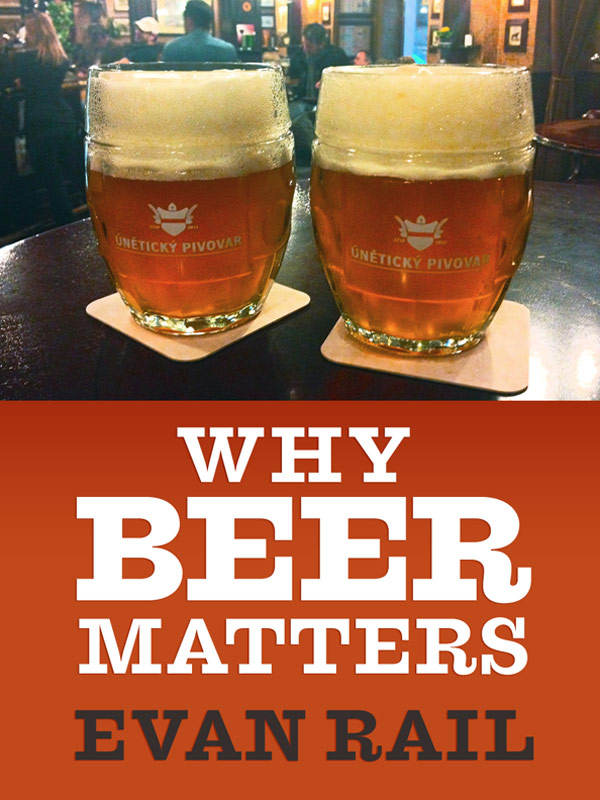
Next month, Japan’s Kirin brewery will offer a pair of retro brews to celebrate its 120th anniversary, serving up vintage-style cans packed with vintage recipes of the company’s original Lager and Pilsener beers.
The big difference between the old styles and today’s modern Kirin? According to an English-language post at Japan Marketing News, the modern version of Kirin is made “with rice and starch,” while the earlier versions “did without starch” or were made with barley and hops only.
Now, to celebrate its founding back in 1888, Kirin will offer a limited run of beer made without the stuff that isn’t really supposed to go into good beer — just like it did way back when.
Imagine what might happen if this idea spread to the Czech Republic.
Pilsner Urquell might offer a commercial run of the beer it still ferments and lagers in wooden barrels just as it did years ago, a sought-after brew which is currently only available for visitors on the PU brewery tour.
InBev in the Czech Republic might offer the legendary 12° Braník dark, or a Granát that tastes like it did when it was called Millennium.
U Fleků might turn their dark lager back into a dark ale, switching yeast from Saccharomyces carlsbergensis back to the Saccharomyces cerevisiae they used from 1499 up until the late nineteenth century.
Breweries in Rakovník, Jihlava and Žatec might offer popeněžní, freiberk, samec and other pre-Pilsner lager styles from Bohemia.
Brezňák might once again produce their syrupy Doppel-Doppel Bock… or perhaps their Afrikakorps beer.
Gambrinus might re-issue their wheat beer or their two Gambrinus darks.
And so on.
Now that I think about it, I’m not sure that this is going to end well. On the one hand, this is a nice way for a brewery like Kirin to celebrate its birthday and show off how long it has been around.
But on the other hand, putting out retro recipes seems slightly dangerous. You’re saying “Taste how good our beers used to be!”
When consumers taste the old versions, like them, and then ask why your beers don’t taste like that anymore, what on earth is the marketing department going to tell them?




Velky Al
I guess the marketers will fall back on the old staple: our research shows that our current product is what consumers want.
Jesse
Ha – I mentioned Pilsener Urquell’s decline in quality in an article last year and got a nice note from their PR team within hours. Be on the lookout.
Evan Rail
Jiří at PU generally just calls…
Knut Albert
When it comes to the standard lagers being sold in the average pub or shop, you are still better off than anywhere else on the planet!
Evan Rail
Agreed, Knut Albert. Definitely. But a little variety never hurt anyone.